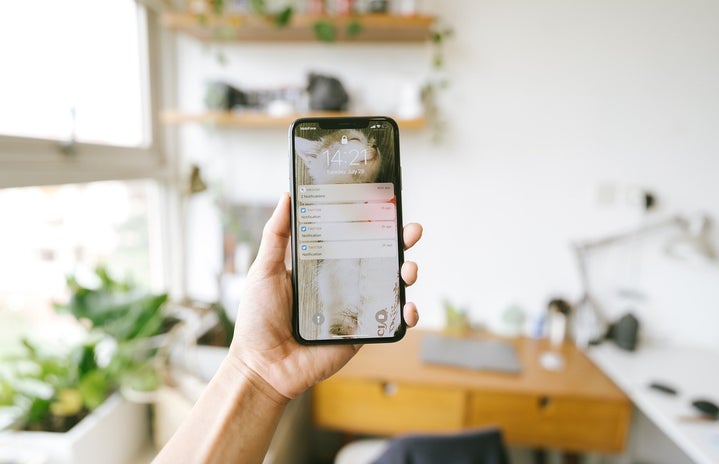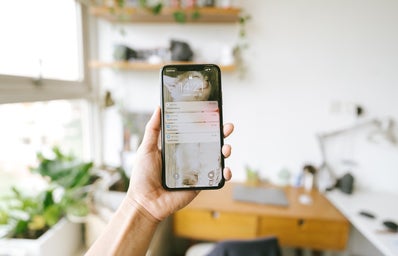You’ve probably heard the term “FOMO”, which stands for “fear of missing out.” And if you’re anything like me or the millions of teenagers and young adults on social media, you’ve probably experienced it or have trouble coping with being by yourself.
Social media has caused a huge shift in all of our lives, but this new age of social connections and interactions has been exacerbated by the coronavirus pandemic. Some people follow the social distancing and quarantine rules as closely as they can, while others choose to follow them in places of work and at school but not in their social lives, and others have simply decided not to follow them at all. In addition to contributing to the spread of the coronavirus throughout the United States, the discrepancy between people observing these rules has given many people more “FOMO” than they usually have.
So what happens when you have millions of college and high school students who feel like they’re missing out on the best years of their lives? An increase in “FOMO” and people who are breaking social distancing and quarantine rules.
I’ve decided to use this article to talk about some ways we can improve the time we spend with ourselves and tips for how to address things such as fear of missing out, especially because colleges and high schools are beginning to close for winter or holiday break in the coming weeks.
The arguably most obvious way to decrease the amount of fear of missing out you feel is to turn off your phone and put it somewhere you won’t use it. If you struggle with procrastination and distractions during homework or other important tasks, this is also highly recommended. However, it’s important to recognize that our lives have been shaped around technology, making it difficult to commit to not using any technology at all. Another alternative could be to delete or temporarily deactivate your social media apps, whether that be Instagram, Snapchat, Twitter, or something else. That way, you still have access to your phone to stay in touch with your friends and family, but you won’t feel the same pull towards social media if you’ve committed to taking a break from it.
Due to the fact that we can’t see our friends and family the same amount that we are used to, especially those that are at a higher risk of contracting COVID-19, many people have been FaceTiming and using apps such as Zoom or Skype to keep in touch. I highly recommend this, as well as setting up regular times to talk and virtually hang out with your friends and family members. It is not going to fully replace those feelings of unrest about not seeing people as often, but it will help to keep you on a schedule, allow you to allot time to talk to people you would normally hang out with, and help you look forward to the time you’ll spend with those special people.
Suicide and suicidal ideation have become even more prevalent during the coronavirus pandemic, as well as feelings of anxiety, depression, worrying, and overthinking. Keeping yourself on a schedule will help to keep these feelings under control; eating meals around the same time every day, exercising or dancing or drawing or painting or working on your hobby of choice for an hour or two each day, and sticking to a solid sleep schedule will all help keep these feelings in check. Be sure to reflect on your feelings by writing them down in a journal, meditating, or doing yoga. You can also use this time to learn to cook your own healthier meals, do a new hobby, read a new book (I highly recommend “Talking to Strangers” by Malcolm Gladwell), or search for jobs and internships. You might have to use a trial and error process to figure out what works for you, but this is okay! It’s important to have healthy coping mechanisms and methods of relieving stress.
Of course, these ideas will not make you feel completely back to normal, and that is also okay! Please remember, you are not alone, there are other people who feel like you do right now, and asking for help is not something to be embarrassed about. Asking for help is a vital skill that people appreciate, and it is especially crucial during this time period of uncertainty, fear of missing out, and stress.
The suicide prevention lifeline is 1-800-273-8255, or you can text a crisis center by sending HOME to 741741.



